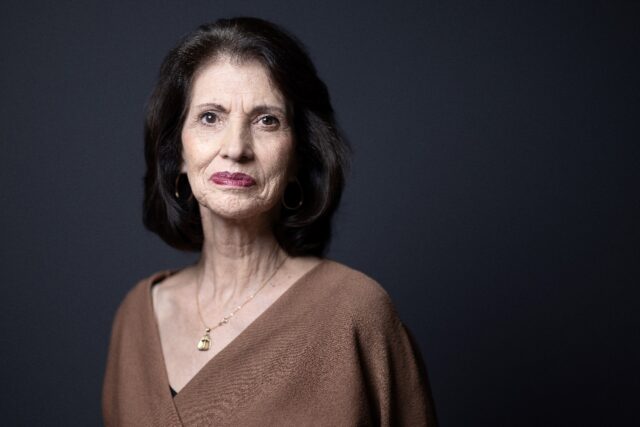The mother of a journalist executed by the Islamic State group has sharply criticised the hostage policy of former US president Barack Obama in a new book.
“American Mother” tells the story of James Foley, a freelancer who was abducted and later beheaded by the extremist group in 2012 while reporting on the Syrian civil war.
Due for release in Britain in February and in the United States in March, it was written by his mother, Diane Foley, and the Irish writer Colum McCann.
The video of Foley’s execution served as propaganda for the self-proclaimed “caliphate” established by IS in Syria and Iraq.
Foley had spent 21 months in detention — almost two years during which his family begged the US government to take action.
“I was so mad. I quit my job, began travelling to Washington, trying to find help,” Diane Foley told AFP during a visit to Paris for the book’s release in French.
“I was very naive. I didn’t know anything about government really. I just assumed that people were trying to help. And the reality was there was no one whose job it was to bring Jim home,” she said.
“They’d send me in circles. They lied to me. They were patronising, big time.”
The Obama administration doggedly stuck to its policy of refusing all hostage negotiations, even threatening legal action against families who tried to do so privately.
Meanwhile, other countries including France obtained the release of their hostages from IS by secretly paying ransoms, according to the book, though the governments deny it for fear of encouraging more hostage-taking.
Policy change
In “American Mother”, Foley says she confronted Obama personally in the White House three months after her son’s death.
He told her James had been his “number one priority”. She said the US hostages had been abandoned by their government, to which the president had no response.
A decade later, she takes a small amount of solace in the fact that her son’s death helped change US policy.
In 2015, the Obama administration began allowing negotiations with kidnappers — though not the paying of ransoms — and crisis units were created to liaise with families.
In 2020, a special envoy for hostages was established with the support of both Republicans and Democrats.
Up until then, US doctrine had been to attempt to rescue the hostages using special forces.
But if hostages from other countries were being held in the same place, the US would let its allies to complete negotiations before attempting a rescue.
An operation was attempted to save Foley and others in July 2014, but they had been moved since the last intelligence on their location.
Diane Foley also took particular exception to the fact that Obama presented his condolences to the Foley family while on holiday, and then was photographed golfing.
She admits repeatedly in the book that she remains — unsurprisingly — highly emotional on the topic.
That is why she entrusted the writing to McCann, whose last book, “Apeirogon”, was a best-selling true story about two fathers, an Israeli and a Palestinian, who became peace activists after losing children to the conflict.
McCann had seen a photo of Foley reading one of his books while he was alive, and had followed the case.
“It’s an important story,” he told AFP. “About journalism… about compassion, about forgiveness, about losing a son. A story about anger, too, and violence.”

COMMENTS
Please let us know if you're having issues with commenting.